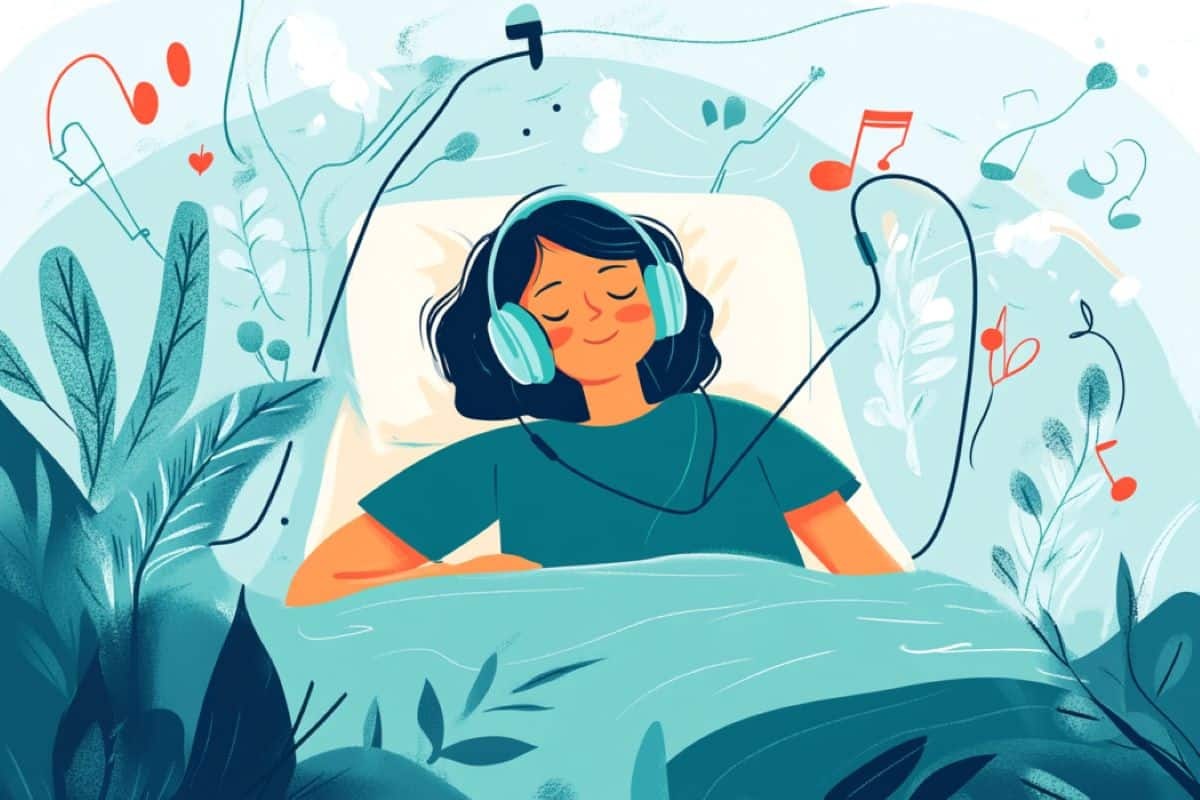According to the study, led by Dr. Eldo Frezza, professor of surgery at California Northstate University College of Medicine, patients who listened to music experienced reduced levels of the stress hormone cortisol, which is thought to aid in the recovery process. “When patients wake up after surgery, they can feel scared and disoriented. Music can help ease that transition and may lower the stress associated with waking up after surgery,” said Dr. Frezza.
The research team conducted a comprehensive meta-analysis of 3,736 studies on the subject, narrowing it down to 35 key research papers. Their findings suggest that listening to music, whether through headphones or speakers, can have several benefits during the post-surgery recovery phase.
Key Findings:
- Patients who listened to music reported less pain the day after surgery.
- Anxiety levels decreased by about 2.5 points, or 3%, across the studies reviewed.
- Music listeners used less than half the amount of morphine compared to those who didn’t listen to music on the first day after surgery.
- The heart rate of patients listening to music was reduced by an average of 4.5 beats per minute.
Unlike other therapies such as meditation or Pilates, which require concentration or physical movement, listening to music is a passive activity that can be easily integrated into recovery with minimal effort and cost. Dr. Frezza emphasized that this makes music an accessible option for many patients.
“While we can’t definitively say that music reduces the actual level of pain, the studies show that patients perceive themselves to be in less pain, which is equally important,” noted Shehzaib Raees, first author of the study.
The study highlights the potential role of music as a simple, non-invasive tool to enhance the post-operative recovery experience, helping patients feel more comfortable and reduce their reliance on pain medications like opioids.


